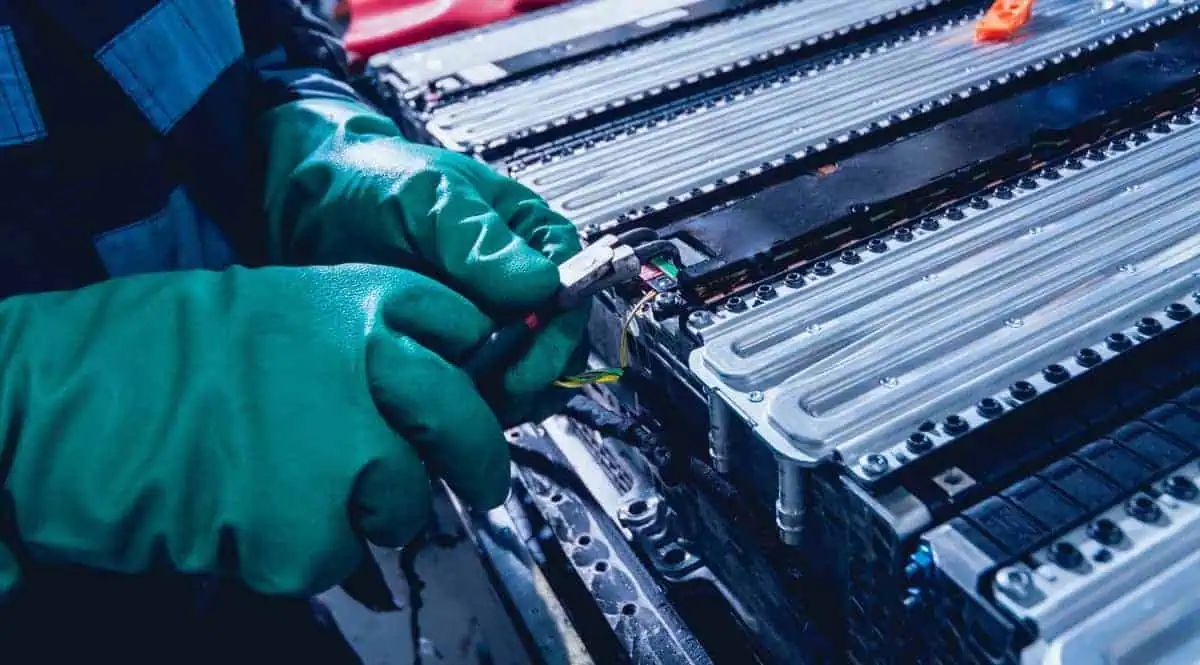The Department of Jobs, Tourism, Science, and Innovation (JTSI) of Western Australia investigates the state’s battery and critical minerals development.
Western Australia has been a reliable, ethical, and cost-effective supplier for the battery and critical minerals industry and clean energy technologies, which significantly contributes to decarbonizing the world’s economies, according to Innovation News Network.
Impressively, Western Australia has successfully built a multibillion-dollar battery and critical minerals business in less than ten years. This includes worldwide investments in processing facilities for lithium hydroxide, nickel sulphate, and rare earth, which are essential materials to making clean energy technologies such as rechargeable batteries, electric vehicles (EVs), and wind turbines.
With Western Australia’s recent successes in the battery and critical minerals industry, three of the largest lithium producers in the world, Tianqi Lithium, Albermarle, and SQM, teamed up with Australian businesses to develop and operate lithium hydroxide facilities in Western Australia. Tianqi Lithium produced the first commercial quantities of battery-grade lithium hydroxide in Australia at its Kwinana plant in May 2022.
In September 2021, BHP Nickel West developed the nation’s first nickel sulphate crystals. As soon as the nickel sulphate factory in Kwinana becomes fully operational, it will generate 100,000 tonnes of nickel sulphate annually, enough to produce 700,000 EV batteries yearly.
On the other hand, Lynas Rare Earths started building Australia’s first rare earths processing facility in Kalgoorlie in April 2022. By July 2023, the facility is expected to be in operation. The initial production of rare earth oxide is expected to begin in 2025 as Iluka Resources finalized its investment to construct Australia’s first fully integrated rare earths refinery in Eneabba.
With significant funding already committed to many of these projects, additional investment is planned for manufacturing battery-grade vanadium, graphite, high purity alumina, manganese sulphate, cobalt sulphate, and precursor cathode active materials, according to Innovation News Network. In fact, the first-ever cathode precursor production pilot plant in Perth was already launched by The Future Battery Industries Cooperative Research Centre and supported by the Minerals Research Institute of Western Australia.
On behalf of the Western Australian Government, JTSI implements projects that support the economic activities in the state, from large-scale mining and industrial operations to innovative start-ups and small-to-medium businesses.
Rebecca Brown, Director General of JTSI, said, “The projects are a testament to the innovative and technical capability present in our state and our global competitiveness in these industries.
“This influx of investment has helped establish robust midstream capabilities in the state, which is a vital step in enabling the development of further downstream manufacturing activities, such as cell manufacturing.
“We are committed to leveraging these recent successes to attract further investment.”
JTSI plays a significant role in overseeing Western Australia’s 12 designated Strategic Industrial Areas (SIA) alongside DevelopmentWA. Brown explained:
“In addition to providing project-ready land in the Kwinana Strategic Industrial Area, we have made a A$13.2m commitment to help facilitate investment in precursor cathode active material manufacturing in Western Australia.
“Energy is one of the priority sectors for our A$180m Investments Attraction Fund, which we set up to create local jobs in new and emerging industries.
“We are also continuing our partnership with the Future Batteries Industry Cooperative Research Centre, a A$127m research collaboration between industry, government, and Australia’s leading universities and research institutions,” Brown added.
The government’s revised prospectus in June 2022 has more details regarding investment opportunities in Western Australia’s battery and critical mineral industries.






